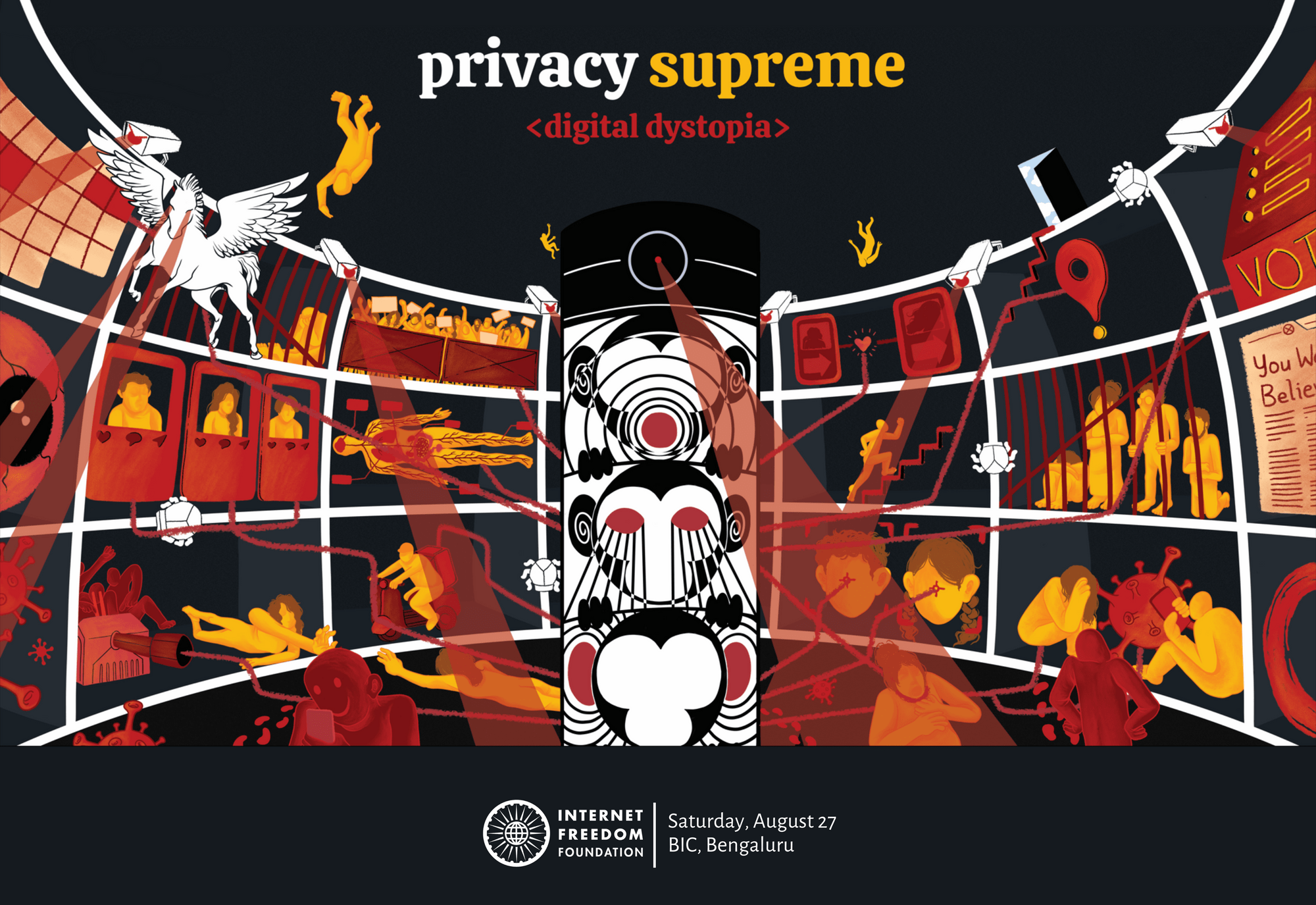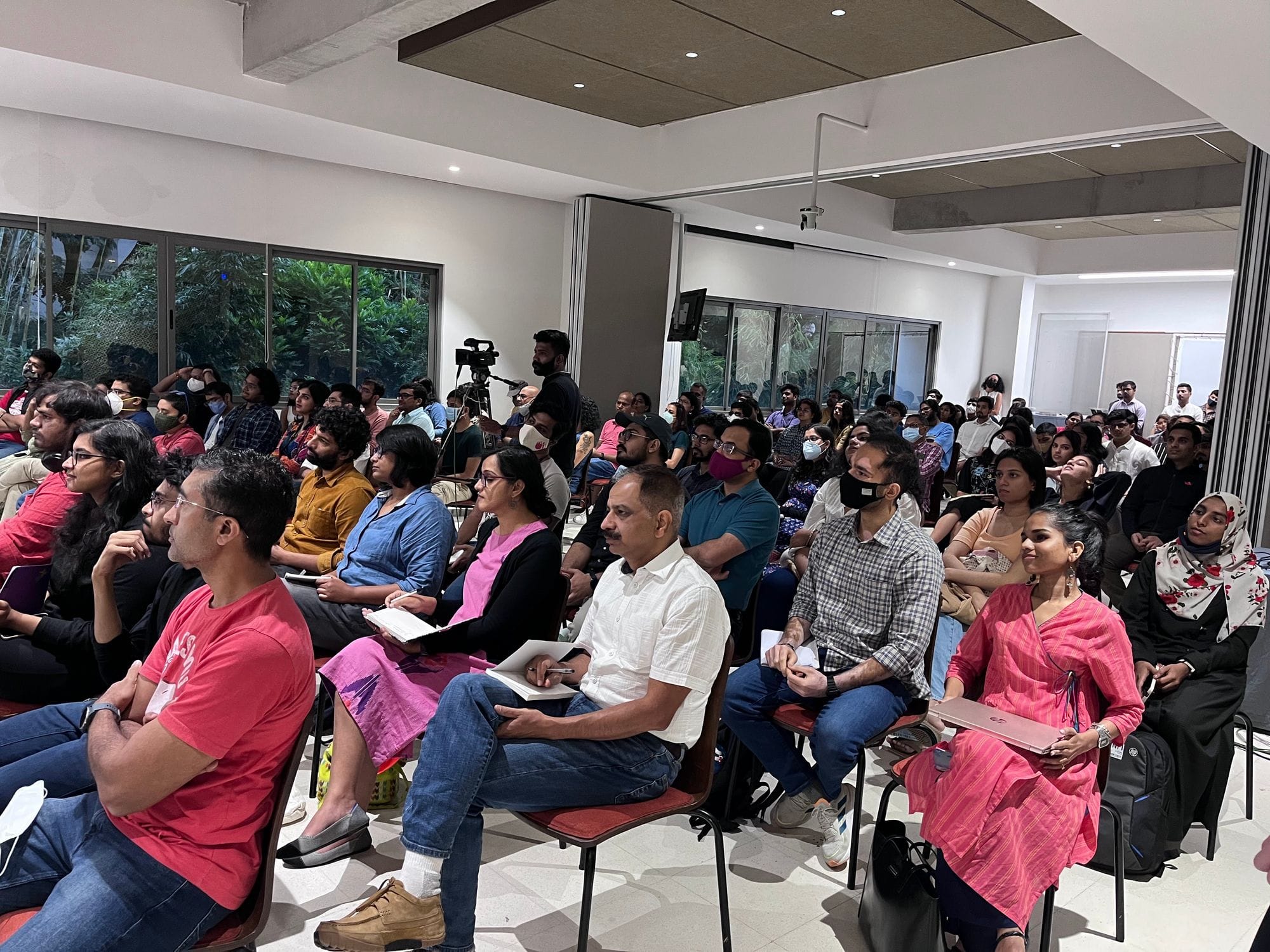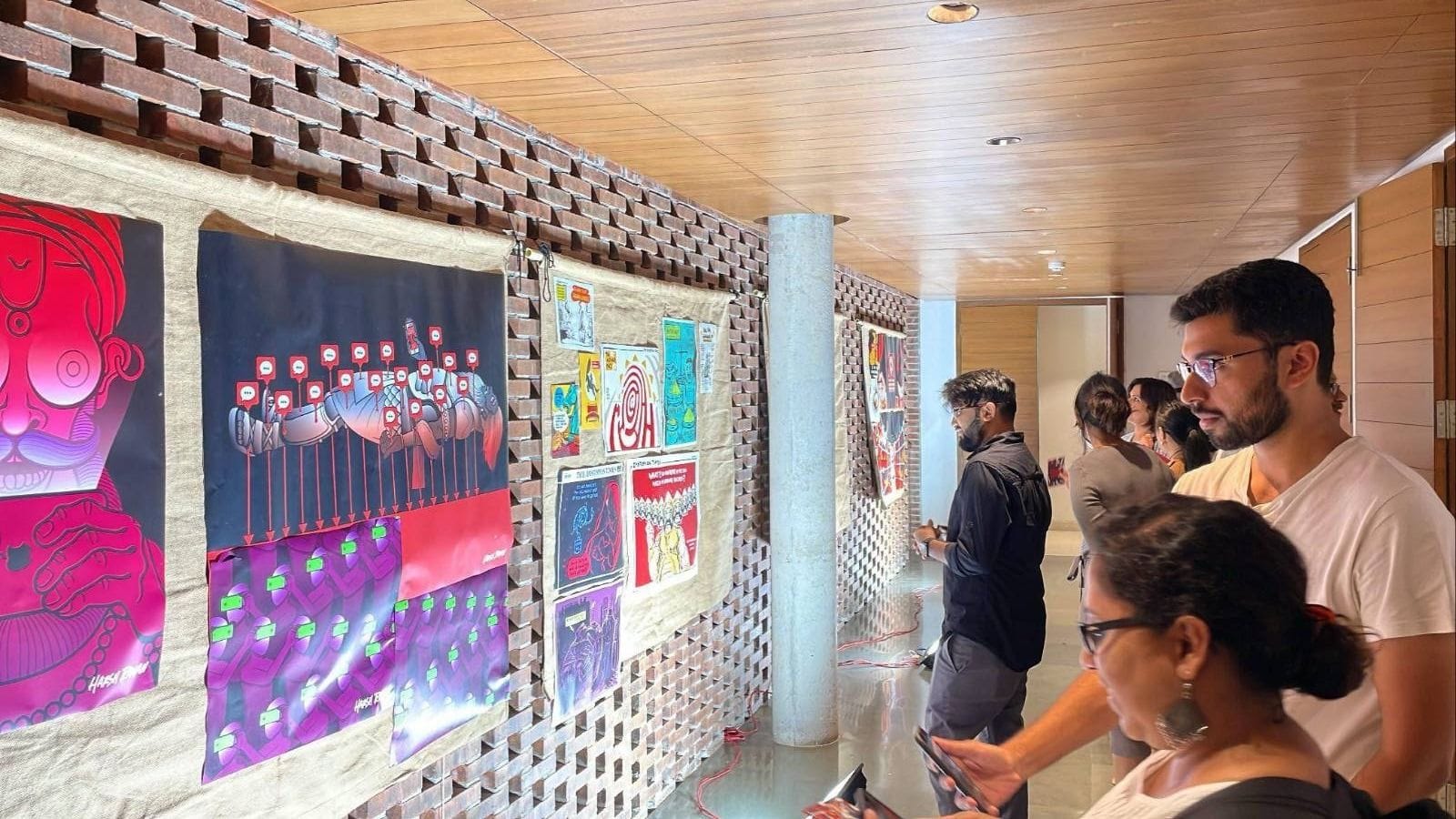
Every year IFF hosts our flagship event, ‘Privacy Supreme’, to commemorate the anniversary of the landmark decision of the Supreme Court of India in K.S. Puttaswamy v Union of India on August 24, 2017. In the decision, the Court held that the right to privacy is a fundamental right under the Constitution of India that attaches to each fundamental right under Part III of the Constitution of India.
In the years since, the decision has been a beacon of hope to ensure human autonomy, dignity, and liberty. But how far are these hopes realised? Every year, we celebrate and reflect by organising expert conversations about the right to privacy in India from the perspective of digital technologies. All of them are public centred and have received growing interest.
We can possess nothing—neither thing nor thought—absent a border between self and State. Each individual right is derived from this line, which we call privacy.
— Edward Snowden (@Snowden) August 24, 2019
Two years ago today, India's Supreme Court affirmed the Right to Privacy. @internetfreedom @MozillaIN #PrivacySupreme
We organised Privacy Supreme in 2019 at India International Centre, Delhi and hosted Retd. Justice B.N. Srikrishna. In 2020, we hosted Member of Parliament Mahua Moitra in conversation with Faye D’souza. Last year, in the wake of the Pegasus revelations, we had hosted Prof. Ron Deibert in conversation with Anubha Bhonsle and Dr. Shashi Tharoor in conversation with Mitali Mukherjee. This time we took it to an in person event at the Bangalore International Centre. Despite having seating for only 120 persons, we tried to accommodate more but had to close online registrations at 300. This is a learning experience for us to try to organise future editions with spaces that offer the most convenience and higher audience seating capacities.


This year we celebrate not only 75 years of independence in August, but also 5 years of the Supreme Court’s Right to Privacy Judgement. These anniversaries when juxtaposed against the deterioration of democratic freedoms as per multiple global indices prompt cynicism. It is not wholly unreasonable for Indians to question the value of the Supreme Court judgement, for its lack of enforcement or ability to deliver on its promise of informational privacy. Our lack of trust in institutions, scandals around the pegasus spyware or large social media companies leave many to ask, is there much to celebrate? Thus, Privacy Supreme was split into two panel discussions. In the first, we stepped beyond the frameworks of the courts and legislatures, engaged policy professionals and technologists in a panel conversation on how specific technology choices as system designers and companies can help promote user privacy. This was followed by a discussion on the social and political reality of India in which our rights are preached, but not practised. The objective of the discussion was to move beyond the binary of a digital dystopian, or a utopian society.
Are you ready to get, set, #PrivacySupreme with us, starting RIGHT NOW?📢
— Internet Freedom Foundation (IFF) (@internetfreedom) August 27, 2022
Use the hashtag #PrivacySupreme to share your experiences from the event & let everyone know you're here!
The first, titled “Can technology advance privacy?”, aimed to analyse and understand the dichotomy that exists between technology and privacy. Technology plays a significant role in connecting people, empowering citizens, and facilitating political participation. While on the one hand almost every aspect of our daily lives is impacted or transformed by technology, on the other hand, there is also an inherent tension between technology and the right to privacy. The use of digital in democracy may improve governance and delivery of public services, but it may also weaken democratic rights through tools such as censorship and surveillance. So can this dichotomy be resolved to ensure that the harms of technology do not outweigh its benefits? The speakers for the panel were Gaurav Godhwani (CivicDataLab), Kailash Nadh (Zerodha), Mahima Kaul (Bumble), and Uthara Ganesh (Snap Inc.) which was moderated by our Policy Director, Prateek Waghre.
Disclaimer: We apologise for the quality issues in this video which were caused due to equipment failures.
The second panel was titled “Democratic rights and privacy in the pandemic years”. In the last two years, the pandemic has had a drastic effect on the fundamental rights of Indian citizens. From protests to enforcement of draconian lockdown measures, democratic ideals have taken a hit. In this chat with Abhinav Sekhri, Amnesty India’s Chair Aakar Patel and Indian human right activist and lawyer Usha Ramanathan discussed the trajectory of democratic rights in India over the pandemic years.
However, this was not all! While our work relates to complex issues of technology policy and law, we have always tried to break down and unravel these concepts creatively. Such creativity can be seen in the graphics that accompanies every post that we publish, in the videos we release on our Youtube channel, and the comics and other media that we share with our community. Thus, it was essential for us to also showcase the work of artists who work on similar issues, some of whom we have collaborated with historically. The art exhibition showcased the work of four artists, including illustrator @linesbyjose who helped us in creating all the visuals for the event. Other artists included Harsh Raman Singh Paul, Appupen, and Kruthika N.S.. The event received coverage in the NewsMinute and Medianama. We would also like to thank our supporters from Bengaluru, Ashoka Fellowship and Agami.





This year, we made the decision to hold our first in-person public event after the pandemic in Bengaluru as the city is home to an integral part of our community. We are grateful for the enthusiasm and hunger by many IFF members and donors who showed up! A big thank you to each and every one of you!
I picked this up at #PrivacySupreme to give to bae. I have another one, so I'll use this to teach him about public key exchange. pic.twitter.com/r8sk0Xx66d
— Rohini रोहिणी ロヒニ (@aldebaran14) August 29, 2022
Had the most amazing time at #PrivacySupreme, this is the kind of discourse we need more of
— Shivam (@Scmmishra) August 27, 2022
Kudos to the entire team at @internetfreedom for doing this, really looking forwards to more events
In the coming years, we hope to continue such outreach by bringing Privacy Supreme to various cities across India. If you want Privacy Supreme to come to your city, tweet to us @internetfreedom with the hashtag #PrivacySupreme.

